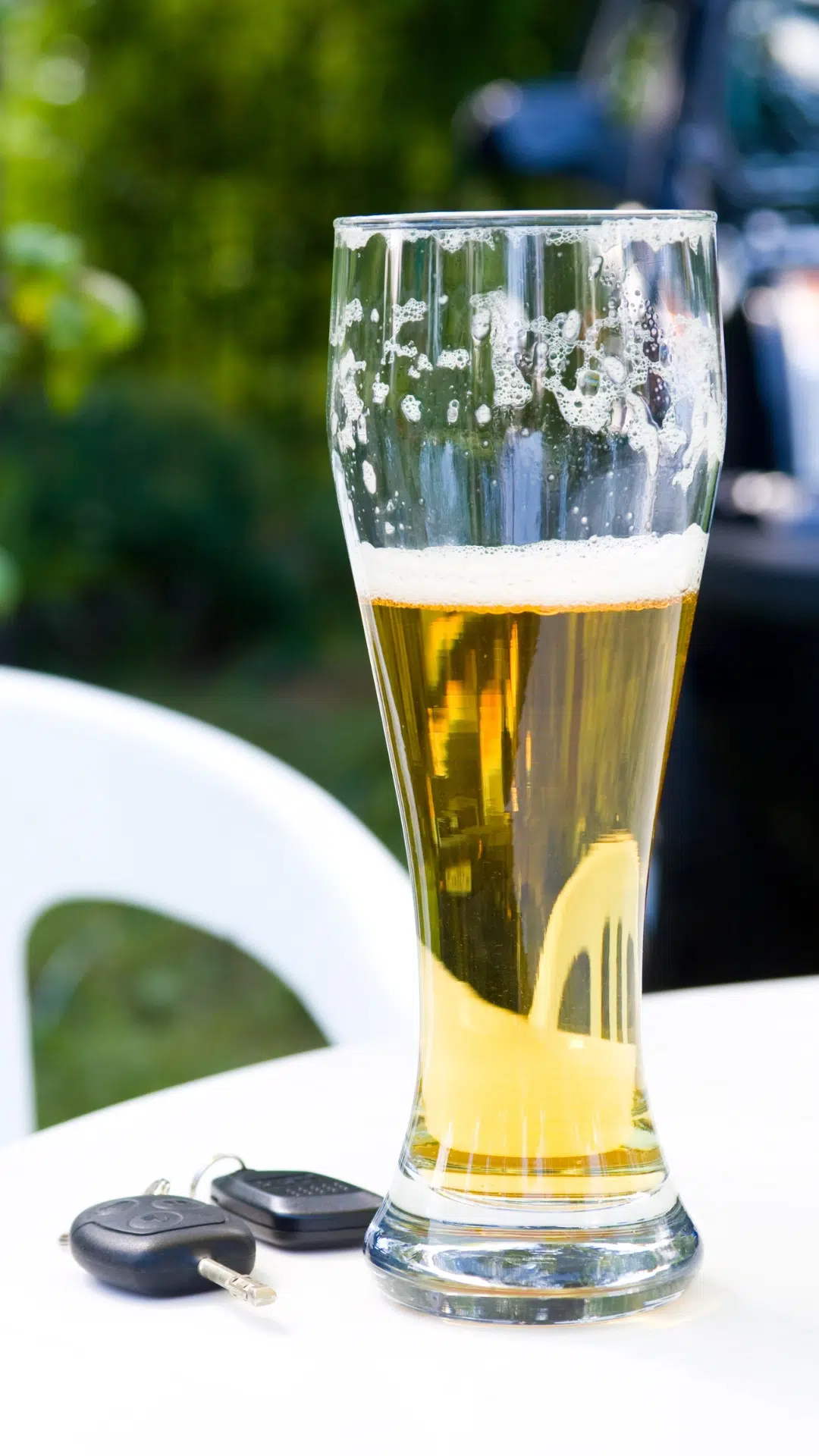Recognizing Signs of Impaired Driving: What Law Enforcement Observes
Signs of Impaired Driving: What Law Enforcement Looks For
Driving while impaired (DWI) poses significant risks to public safety, and law enforcement officers are trained to identify specific behaviors that reveal signs of impaired driving. According to research conducted for the National Highway Traffic Safety Administration (NHTSA), certain driving patterns and actions are considered strong indicators of impairment. These signs of impaired driving help police officers determine whether to stop a driver suspected of DWI in North Carolina. Exhibiting any combination of these behaviors could lead to a traffic stop and potential DWI charges.
Common Signs of Impaired Driving
The following behaviors are among the most frequently observed signs of impaired driving, as identified by the NHTSA and utilized by law enforcement:
- Turning with a wide radius: Making overly broad turns, often overshooting the intended path.
- Straddling the center or lane marker: Driving with tires on or over the lane lines, failing to stay within the designated lane.
- Appearing to be drunk: Visible signs of intoxication, such as slouched posture, difficulty keeping eyes open, or erratic head movements.
- Almost striking an object or vehicle: Narrowly avoiding collisions with roadside objects, barriers, or other vehicles.
- Weaving: Moving side to side within or across lanes in a zigzag pattern.
- Driving on anything other than the designated highway: Operating a vehicle on shoulders, medians, or sidewalks.
- Swerving: Making sudden, jerky movements to avoid obstacles or correct course.
- Driving more than 10 miles per hour below the speed limit: Traveling unusually slowly, which may indicate impaired reaction times.
- Stopping without cause in the traffic lane: Halting abruptly in the middle of the road for no apparent reason.
- Following too closely: Tailgating other vehicles, reducing the ability to stop safely.
- Drifting: Gradually veering out of the lane or toward the road’s edge without correction.
- Tires on center or lane marker: Consistently driving with tires touching or crossing lane lines.
- Braking erratically: Applying brakes inconsistently or unnecessarily, causing uneven driving patterns.
- Driving into opposing or crossing traffic: Veering into oncoming lanes or crossing the centerline.
- Signaling inconsistent with driving actions: Using turn signals that do not match the vehicle’s movements, such as signaling left while turning right.
- Slow response to traffic signals: Delayed reactions to traffic lights, stop signs, or other road signals.
- Stopping inappropriately (other than in a lane): Pulling over or stopping in unsafe or improper locations, such as on a highway shoulder or median.
- Turning abruptly or illegally: Making sudden or prohibited turns, such as U-turns in restricted areas.
- Accelerating or decelerating rapidly: Quickly speeding up or slowing down without clear reason.
- Headlights off at night: Failing to use headlights in low-visibility conditions, such as during dusk, dawn, or nighttime.

Additional Indicators of Impairment
Beyond driving behaviors, officers may observe physical or behavioral signs of impaired driving during a traffic stop that further suggest impairment. These include:
-
Slurred speech or difficulty communicating: Struggling to answer questions or speaking incoherently.
-
Odor of alcohol or drugs: A noticeable smell of alcohol, marijuana, or other substances emanating from the driver or vehicle.
-
Bloodshot or glassy eyes: Red, watery, or unfocused eyes, often associated with alcohol or drug use.
-
Fumbling with documents: Difficulty locating or handling a driver’s license, registration, or insurance information.
-
Inconsistent or confused responses: Providing contradictory statements or appearing disoriented during interactions with law enforcement.
These physical signs, combined with the driving behaviors listed above, strengthen an officer’s case for suspected DWI and may lead to field sobriety tests or chemical testing (e.g., breathalyzer or blood tests).
What Doesn’t Typically Indicate Impaired Driving?
It’s worth noting that speeding is not generally considered a primary sign of impaired driving. While excessive speed can be dangerous and lead to a traffic stop, it is less commonly associated with impairment compared to the behaviors listed above. Impaired drivers are more likely to exhibit slower, erratic, or overly cautious driving patterns due to diminished reaction times and impaired judgment.
Why These Signs Matter
Law enforcement officers rely on these signs of impaired driving to maintain road safety and prevent accidents caused by intoxicated drivers. Recognizing these signs of impaired driving allows officers to intervene before a potentially deadly crash occurs. In North Carolina, a DWI conviction can result in severe consequences, including fines, license suspension, jail time, and a permanent criminal record. If you’re pulled over and suspected of DWI based on these signs of impaired driving, it’s critical to understand your rights and seek legal representation immediately.

What to Do If Stopped for Suspected DWI
If you or a loved one has been stopped for suspected impaired driving in North Carolina due to observed signs of impaired driving, time is of the essence. Contacting an experienced DWI attorney can make a significant difference in the outcome of your case. A skilled lawyer will:
-
Review the details of your traffic stop to ensure law enforcement followed proper procedures.
-
Challenge the validity of field sobriety tests, breathalyzer results, or other evidence.
-
Explain your legal options and develop a defense strategy tailored to your situation.
-
Guide you through the complex legal process, from hearings to potential trials.
At Dummit Fradin, our dedicated DWI attorneys in Winston-Salem and Greensboro are here to help. We understand the stress and uncertainty that come with a DWI charge, and we’re committed to protecting your rights and achieving the best possible outcome.
Contact Our DWI Attorneys Today
Don’t wait to get the legal support you need. If you’ve been charged with Driving While Impaired in North Carolina based on signs of impaired driving, contact our experienced DWI attorneys for a free consultation. We’ll sit down with you, listen to your story, and provide clear guidance on your next steps. Call us today or contact us to schedule your free DWI consultation in Winston-Salem or Greensboro. Let us help you navigate this challenging time with confidence.
Suspected of Impaired Driving?
Contact our skilled DWI Attorneys at Dummit Fradin for a Free Consultation!
(877) 978-3218
Learn more about our offices:
Greensboro
Winston-Salem

